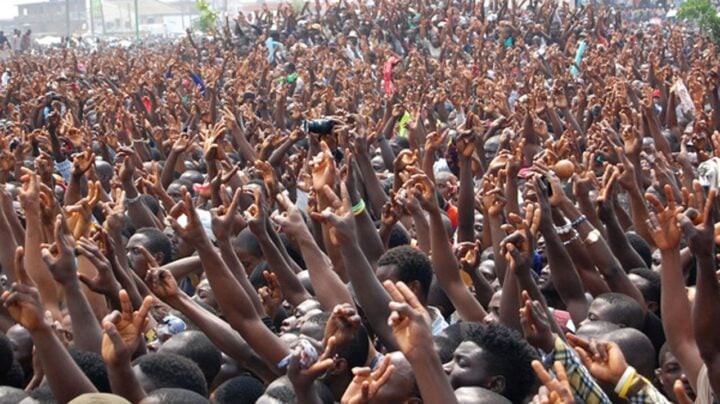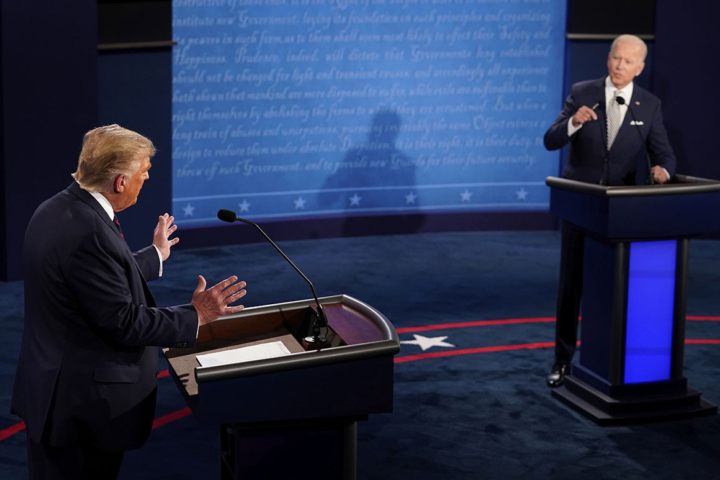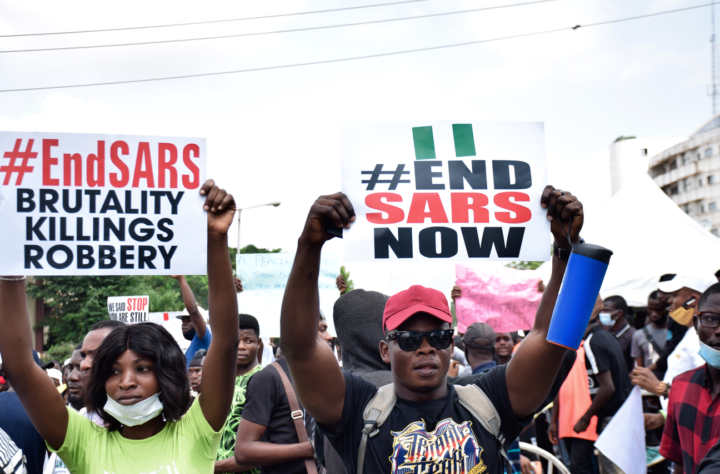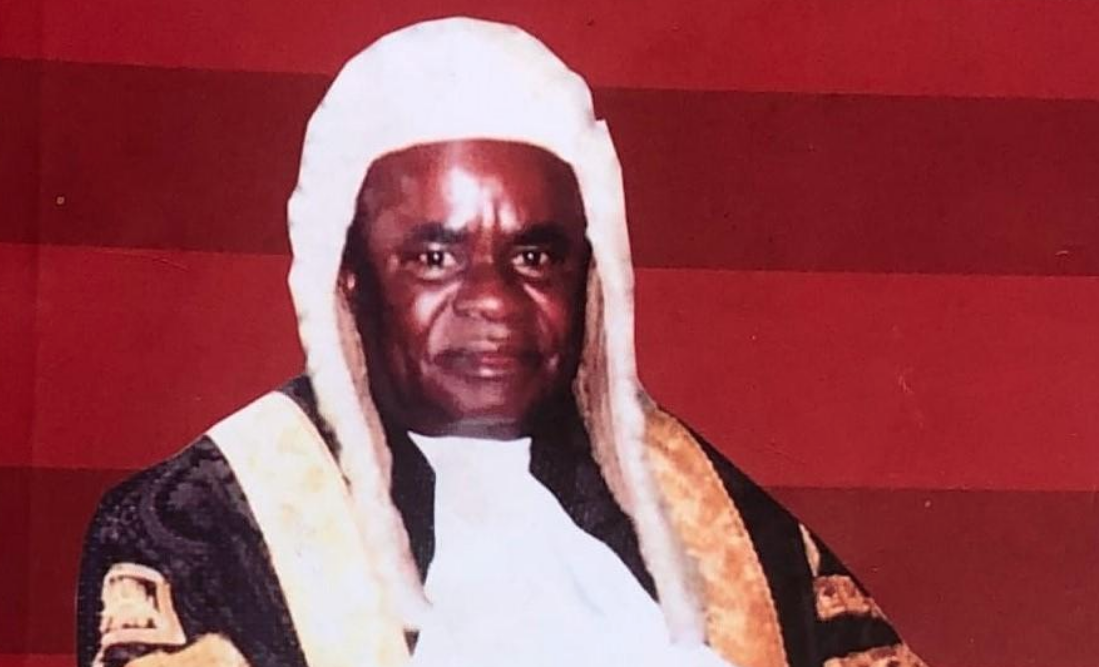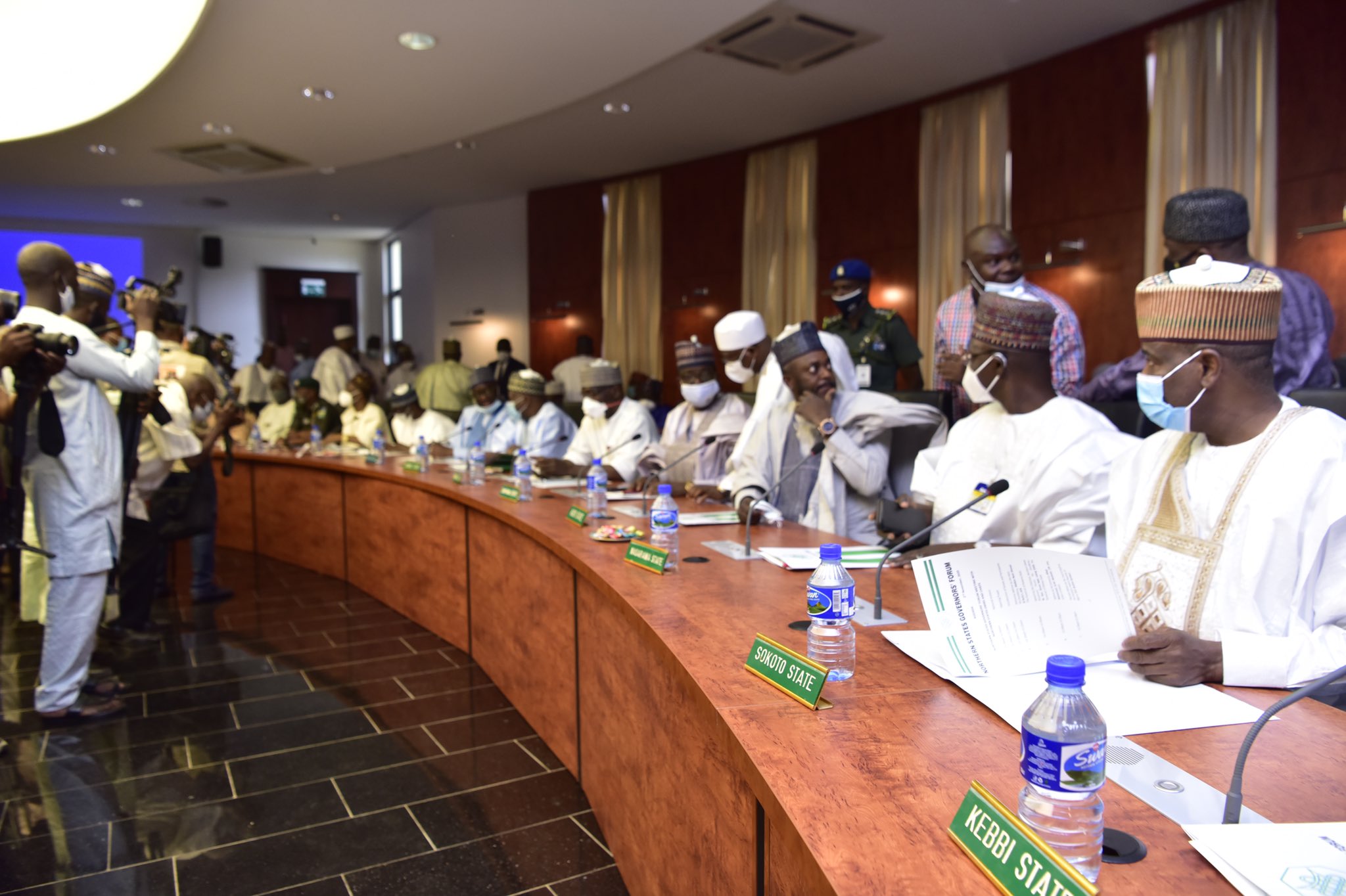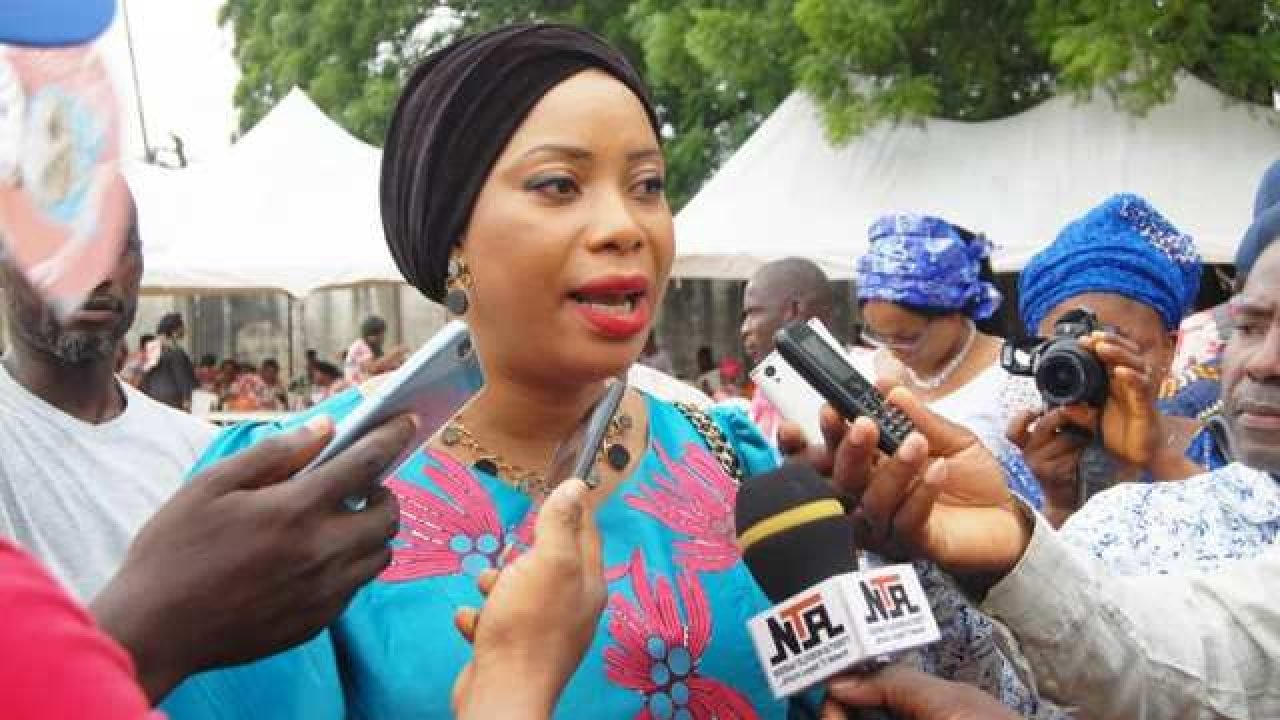COVID-19: WhatsApp records 70% reduction in 'highly forwarded' messages
The last few weeks have conspired malevolently to create a State of Anomy in our land, apologies to Prof Wole Soyinka, whose post-colonial and civil war experience, in 1973, influenced the title of one of the two novels of the Nobel Laureate. A well-coordinated movement and demonstration by some Nigerian youths simply spinned out of control and the nation is still reeling in confused helplessness.
A once innocuous and enlightening movement unfortunatelywent awry. Lives have been lost. Properties worth trillions of naira have been destroyed in a moment of epidemic violence, and a new one, looting, crept into our shores and shameful images of what is happening in Nigeria is splashing across the world. If anyone ever doubted why Nigeria enjoys the infamy of the poverty capital of the world, the evidence is all over the place, blowing in the wind. In addition and, very unfortunately, truth has also died, as nobody really wants to agree to what happened on the night of October 20, 2020.
So, there has to be a scapegoat, a fall guy to bear the ugly burden of an obtuse narrative – technology. Technology is being blamed for all the evil that has bedeviled the land previously, including the inaction of government to respond very creatively to the articulate demands of a restless bunch who remain the best of our presentation going into the future. This was before the enemy came in to stoke fire and Armageddon.
Technology has become the devil in the new national discourse and everybody is readying new weapons to lay it to rest. Please, permit me, in this instance, the latitude to approximate technology to broadcasting and communications, two fields which since their deregulation in 1992, remain the poster boys of our national renaissance. With the proliferation of the different genres of broadcast stations across the country, one would readily confess that broadcasting has done well, and, in fact, has done even better when it comes to rescuing democracy from the hands of the wicked. Same can be said of communications where telecommunications has been so democratized that even the number of activated lines available in the country are much more than the population of our country which can be put at 200m irrespective of the various metrics of measurement. The teledensity is actually 106. 62 per cent translating into a total line uptake of 203, 529, 809 as at August 2020.
Advertisement
My fear penultimate week in an article, EndSARS: The triumph of telecoms, was to express the difference between what happened at Tiananmen Square in 1989 which was the age of global television, and what is happening in Nigeria, the age of telecommunications, which drives the social media. One would never know that the cloud was gathering and would soon bring monster rain of bullets on the young souls who were gathered at Lekki. That will never be history. It will always present a monstrous reality.
In the ongoing narrative, technology has become the villain. The Broadcast regulator, National Broadcasting Commission (NBC) has parceled out fines to three broadcasters – AIT, Channels TVand Arise Television which it claimed to have erred in their reportage of the Lekki disaster. On top of that, the Minister of Information and Culture, Alhaji Lai Mohammed, is threatening fire and brimstone that something must be done urgently to save the nation from Fake News and Social Media. In fact in one of his presentations on television, he referred to China as one of the countries of the world that has put bites on social media in order to preserve public good. We shall return to the story of China.
Coincidentally on October 20, the NBC had sent out a press statement to the broadcast operators reminding them of their responsibilities in moments of crisis. Titled, Reminder of Rules on Coverage of Crises, the statement cautioned in part: 5.4.3. In reporting conflict situations, the broadcaster shall perform the role of a peace agent by adhering to the principle of responsibility, accuracy and neutrality; and 5.6.2. The broadcaster shall approach with restraints, the use of materials from user generated sources in order not to embarrass individuals, organisations, governments or cause disaffection, incite to panic or rift the society at large. Addendum).
Advertisement
It should be observed here that the old Code simply cautioned broadcasters to be mindful of materials that may embarrass individuals or organizations, or cause disaffection, incite to panic or rift in the society, in the usage of user generated contents (UGC). There was no mention of government anywhere. In the new Code the imprimatur of government is preponderant.
Only a few were therefore left in the lurch when the NBC descended on some broadcast operators with a fine on the grounds that they have fallen short of the expectations of the Nigeria Broadcasting Code. Some of their news items, according to the regulator, were not verifiable and such action falls short of professional standards. The response to the regulator was instantaneous, from across the land and divide, the shouts of various groups and individuals that the government was only hiding under the NBC to rail against organizations that dared report goings on in the country.
The Socio-Economic Rights and Accountability Project (SERAP) and 261 others are suing the NBC by way of forcing the regulator to reverse the fines on the broadcast operators, arguing that such action only muzzles the free press which has its avowed roles in a democratic system. Unfortunately for the NBC, there were residual grievances against the Code which is believed by many, to have been unduly influenced by the Minister. The fine, to some of these people, is only a confirmation of their fears and many more of such actions that may come. Furthermore, there is also the suspicion that the NBC is only trying to reinforce the government narrative that nobody was killed in Lekki even when the same government has agreed piecemeal that people died. The equivocation is in the number/numbers not in the importance of lives that were so lost.
Fake News and Social Medial have been weaponised by the current dispensation to destroy even legitimate aspirations, agitations, contributions and achievements. In canvassing his point, Mohammed drew on the example of China and how that country has had commanding control on Social Media. This is not to downplay the downside of Social Media except to hint that there is always a benefit in looking at a region or country in all ramifications. Please, observe that China is not a democracy, and it has never been. That is the seamy side of that country.
Advertisement
Why would Mohammed look at China and Social Media without looking at the development strides of China, a country which was not in the development radar only a few decades ago but has worked its way up to become one of the biggest economies in the world; in fact, big enough to worry the almighty America. When China has a problem, it confronts it frontally. For instance, here is a country that has as one of her celebrations, National Humiliation Day, following a humiliating event in 1931, in which the Chinese acquiesced to all the demands by Japan during a war. Progressively, the succeeding leaders shut the country in to build a national identity, part of which was showcased to the world at the Beijing Olympics in August 2008. A country that suffered so much of humiliation that it nearly doubted its capacity and existence in the comity of nations has become the new colonialist in just a few decades. The world is moving to China and some of our people can only see the Social Media strand. China produces its billionaires and does not put the life of its people in the hands of a few good billionaires.
Another case. WhatsApp does not work in Dubai, the fishing settlement that has become the lure of the world, but you hardlyhave anybody complain because the government has built a life for its people and visitors to Dubai. The world would rather enjoy the facilities in Dubai than complain of access to WhatsApp.
I will want to observe that Social Media did not make Nigeria the poverty capital of the world. This was directly caused by the failure of successive governments to have a good roadmap for the country and address basic issues of development. It may serve the country better to observe the frothing energies of the youths from across the table than push them underground, the end result may be too malignant to contemplate.
Working with a government that is too tentative about so many things but very troubled by public assessment of performance, I will want to say that these are very troubling times for the NBC and NCC, two regulators that are directly concerned with ongoing discourse. However, there will be a need for the regulators to seek a redeeming place in history by giving wise and professional counsel while deploying every skill to ward off a regulatory capture of two important sectors by a government that is frenetically afraid of shadows.
Advertisement
Views expressed by contributors are strictly personal and not of TheCable.
Add a comment


